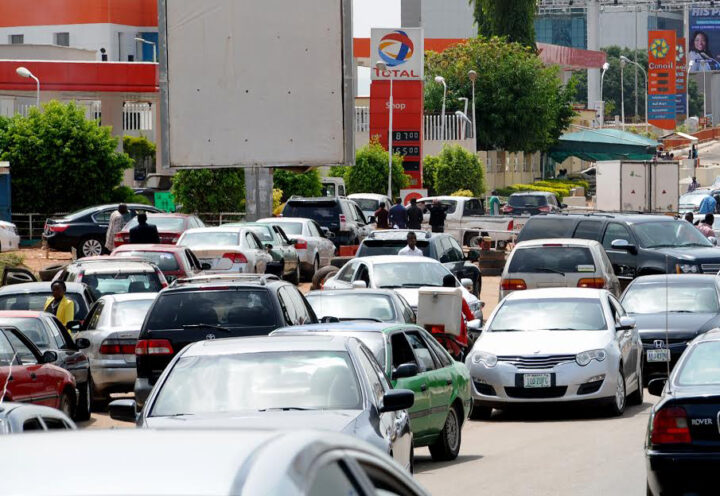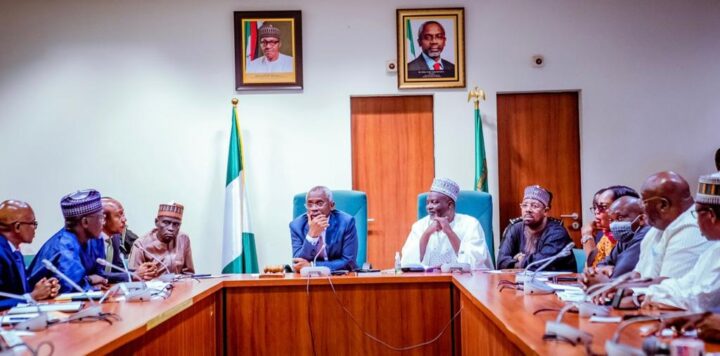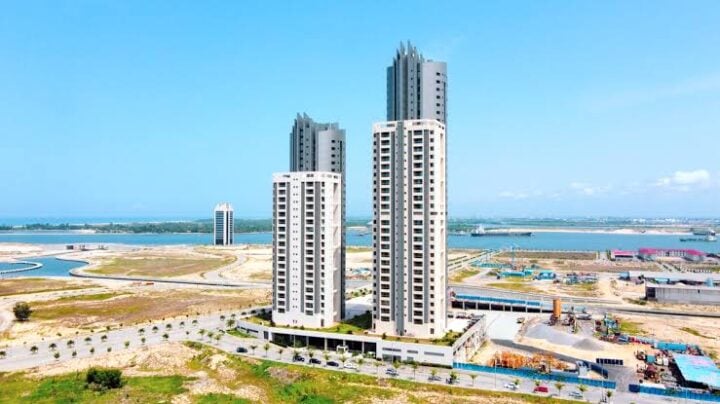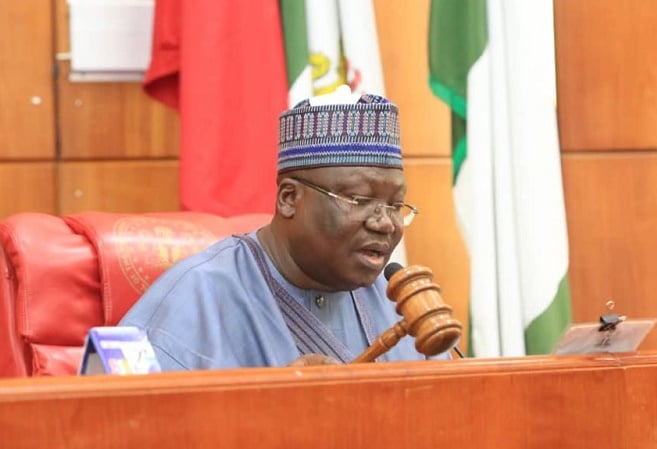File photo of a petrol queue in Abuja
The Independent Petroleum Marketers Association of Nigeria (IPMAN) has asked Nigerians to brace for worse petrol scarcity over non-payment of bridging claims by the Nigerian Midstream and Downstream Petroleum Regulatory Authority (NMDPRA).
Bashir Dan-Mallam, IPMAN chairman, Kano state, said this at a press conference on Monday.
Dan-Mallam said the outstanding bridging claims owed to the marketers amounted to over N500 billion.
According to him, the failure of the NMDPRA to pay the bridging claims, also known as transportation claims — for about nine months — had forced many of its members out of business due to the high cost of diesel.
Advertisement
“NMDPRA is responsible for the payment of bridging claims otherwise known as transportation claims,” he said.
“Failure of the NMDPRA to pay the outstanding claims for about nine months, many marketers cannot transport the product because their funds are not being paid. Despite the high price of diesel, they manage to supply petroleum products nationwide.
“The resurfacing of fuel queues in Abuja is just the tip of the iceberg with regard to the petroleum scarcity.
Advertisement
“Out of 100 per cent, only five per cent of the marketers can supply the petroleum products because of the failure of NMDPRA to pay them.”
He noted that after the amalgamation of DPR, PEF and PPRA to NMDPRA, the agency had paid the marketers only twice.
“As leaders, we have to come out to say the truth because our members are suffering from the failure of the agency to pay the fund. This Petroleum Equalisation Fund is our own money we contribute to each litre. This Agency is doing more harm than good to us,” he said.
Dan-Mallam added that Nigerians should not blame their members for the looming fuel scarcity but rather should blame NMDPRA.
Advertisement
“We are not agitating for a transportation fee increase, we are only clamouring for payment of our bridging claims that is over N500 billion,” he said.
Over the weekend, TheCable had reported that queues for petrol resurfaced in the federal capital territory (FCT).
But the Nigerian National Petroleum Corporation (NNPC) said “low load outs” at depots contributed to the queues observed at petrol stations in Abuja.
Advertisement
Add a comment






